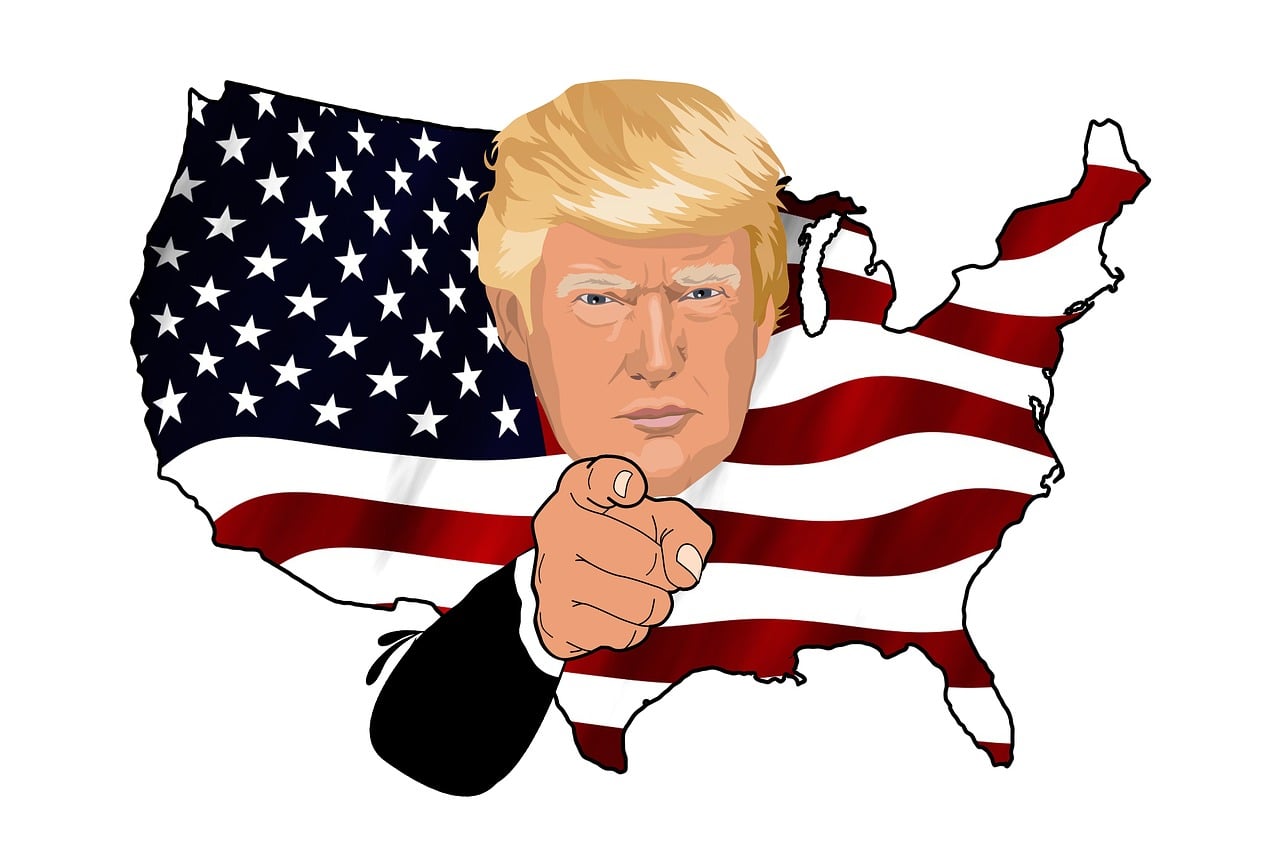Why Mueller Might Be Incorrect About Not Indictment Of A Sitting President Trump; Many Legal Scholars Disagree; and There’s a Simple Workaround
WASHINGTON, D.C. (May 29, 2019) – Special Counsel [SC] Robert Mueller made it very clear that, although he could not conclude and then report that President Trump had not committed a crime, he was prevented by Justice Department policy from indicting him, even if the evidence clearly warranted such an indictment.
Q1 hedge fund letters, conference, scoops etc
But Mueller may have been incorrect in that important legal conclusion for several reasons, suggests public interest law professor John Banzhaf, one of many legal scholars who believe that a sitting president might be indicted - or at least that the courts and not Justice Department lawyers - should decide this important legal issue.
First, notes Banzhaf, the SC regulations upon which Mueller apparently relied provides that he "shall comply with the rules, regulations, procedures, practices and policies of the Department of Justice."
But as law professor Philip Bobbitt conceded - even while arguing that a sitting president cannot be impeached - the no-presidential-indictment concept is "not departmental policy" but rather only "an Office of Legal Counsel (OLC) opinion."
Clearly missing from the list of five things with which the SC must comply is "opinions."
This probably is for good reason, since department policies - like rules and regulations - are binding in part because they go through an elaborate process not required for mere opinions, and opinions can obviously be changed quickly depending upon many factors such as intervening court decisions.
While some at the Justice Department may believe that indicting a sitting president would be unconstitutional, many if not most constitutional scholars disagree.
As law professor Laurence Tribe points out, "nobody seriously advocates applying the OLC mantra of 'no indictment of a sitting president' to" a case where the President commits murder. He adds to that list the "not-so-hypothetical case of a president who turns out to have committed serious crimes as a private citizen in order to win the presidency."
Tribe also notes that "Former OLC head Walter Dellinger has authoritatively canvassed the complex history of the Justice Department's wavering views on the indictment of a sitting president and analyzed the arguments underlying the relevant OLC memos and executive-branch submissions to the Supreme Court. He concludes that 'putting a president on trial would be inconsistent with the Article II responsibilities of the modern presidency,' although indicting the president and postponing the trial might not be."
Many other constitutional scholars have agreed that a sitting president can at least be indicted.
A well establish practice is for prosecutors who are unsure whether their legal theories are valid or even constitutional is to issue an appropriate indictment of a sitting president so that the issue can be authoritatively resolved by the courts, rather than forgo taking any action based solely upon an untested opinion.
Since virtually everyone agrees that this area of constitutional law is unclear and certainly unsettled, Mueller could have issued an indictment and let the courts decision if the OLC view is correct, especially since it is only an opinion and not a policy binding on Mueller under the SC regulations.
Finally, says Banzhaf, there is a workaround if Mueller felt that Trump had committed a crime but legally could not be individually indicted for it.
Since most scenarios of Trump's alleged obstruction involved one of more other persons acting in concert, Mueller might have been able to issue an not an indictment of a sitting president but one against the co-conspirators, and named Trump as an unindicted co-conspirator if the evidence warranted.
This would at least have indicated much more clearly to the Congress and to the public what Mueller - who is probably in the best possible position to make this judgment - concluded about this vital and much disputed legal issue, suggests Banzhaf.
JOHN F. BANZHAF III, B.S.E.E., J.D., Sc.D.
Professor of Public Interest Law
George Washington University Law School,
FAMRI Dr. William Cahan Distinguished Professor,
Fellow, World Technology Network,
Founder, Action on Smoking and Health (ASH),
2000 H Street, NW, Wash, DC 20052, USA
(202) 994-7229 // (703) 527-8418





